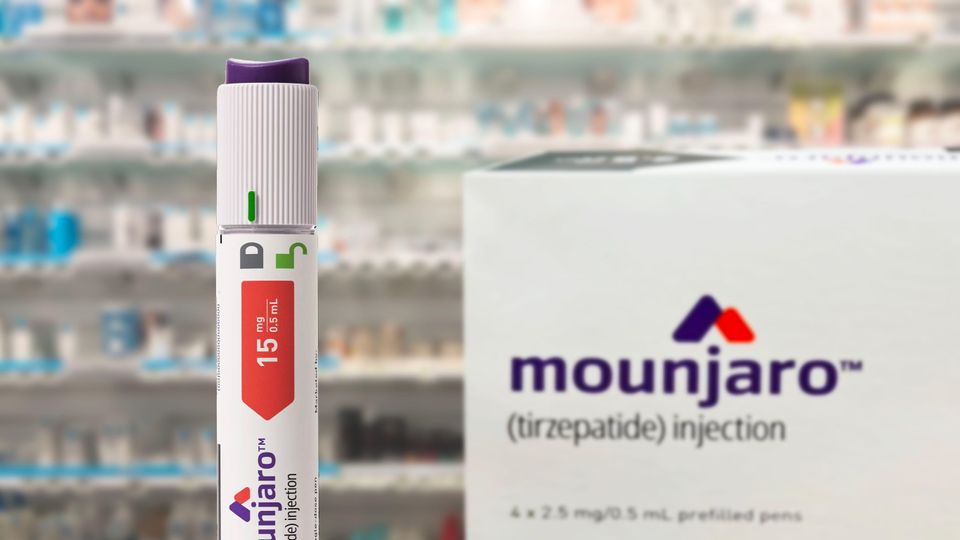As new analysis reveals a significant increase in adverse drug reactions over the past two decades, our Sales and Marketing Director, Louise Laban, looks at how technology could play a role in improving medication management.
“New research conducted at Liverpool University Hospital NHS Foundation Trust has found that the rate of hospital admissions as a result of adverse drug reactions (ADR) is on the rise. The research found that in just one month out of 1,187 admissions, 218 patients were admitted with an ADR. In fact, the study uncovered ADRs had either directly caused or contributed to or 16.5% of admissions, compared to 6.5% in 2004 when the team last carried out a similar study.
It's really important that we don’t just look at this as a set of figures alone. Linking this data back to the patient story is crucial as it brings to life the true impact of the ADRs. This is 218 patients admitted to hospital as a result of a harmful rection to the medication prescribed to help them get better or improve their quality of life. This is 218 families worried and concerned about a love one and 218 patients for staff to care for in an already over burdened and over stretched NHS.
And there’s not just the human cost to consider. There’s a financial cost too. In fact, this particular study, which has been published in the BMJ, states the cost of the 218 ADR admissions amounted to £490,716 which, if extrapolated nationally could cost the NHS in England £2.21bn annually. Imagine the difference that money could make to the NHS and pharmacy right now?
There are of course a number of factors to take into account when it comes to the cause and increase of adverse drug reactions – polypharmacy, an ageing population living with comorbidity, medication errors to name but a few. A multi-faceted approach is going to be required to get the figures down. However, it’s important to note that in this study the researchers found 40.4% of ADRs were classed as avoidable or potentially avoidable.
I’ve long been a believer that technology can play a critical role in reducing medication errors which in turn could help contribute to improved patient safety and a reduced risk of ADR. A survey carried out for a previous company I worked for showed that 77% of pharmacists believed automation would provide them with additional confidence in patient safety.
Manual tasks can introduce potential for errors and inefficiency. Our platform narrows those gaps for a more continuous, safer and traceable automated workflow. It does this in a number of ways. For example, FLOWRx Connect provides drug data integrity and validation by comparing a multitude of inventory management codes against the drug item code. With FLOWRx Hub, barcode and RFID technology ensure the right drug at the right dose is dispensed to right patient and provides a warning which halts the dispensing process if the drug type and dose don’t match what has been prescribed for a patient. FLOWRx Instore guides dispensing staff through the manual add or exceptions process using onscreen instructions and barcode checking technology.
Technology doesn’t just add a safety net, it also frees up time for face to face interactions with patients. This is crucial in terms of the medicines optimisation agenda which will also be key to helping drive down the number of ADRs. Again, I’m not alone in my thoughts here – the same survey I mentioned previously found 75% of pharmacists believed technology would help with increasing face to face time with patients and 57% believed it would help them manage complex patient medication regimes. FLOWRx reduces the amount of time staff spend performing manual, redundant and administrative tasks. This enables the pharmacist and pharmacy staff to spend more time with patients on clinical work, services and improved patient care.
Technology has a key role to play in reducing medication errors and the risk of ADRs but often the biggest hurdle is funding. Whilst there are a number of solutions already available on the market which are affordable and scalable what is really needed is a fair funding deal for pharmacy. A deal which will enable them to invest in the latest technology to improve patient safety and grow their crucial role on the frontline of the healthcare community.




